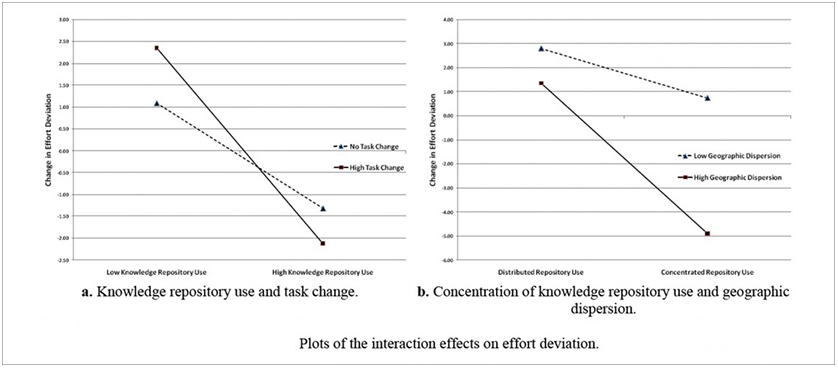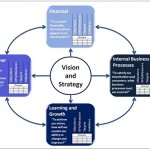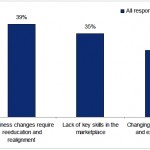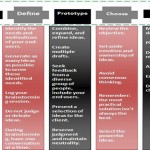The impact of knowledge on performance
Knowledge has an important impact on performance level in various ways and in different situations, such as changing and adapting organizational processes when requirements shift (Kogut & Zander, 1992; Nonaka &Takeuchi, 1995; Teece et al., 1997).
Using What We Know: Turning Organizational Knowledge into Team Performance (Edmondson, Staats & Valentine, 2010) is a recently published Harvard Business School working paper examining how teams use the knowledge resources in organization for producing novel output. The performance measures monitored in order to assess the impact of the team using organizational knowledge repository are general, defined as quality and efficiency of the team performance. Integrating knowledge in the organization is difficult when facing structural characteristics such as geographic dispersion and task change. The authors distinguish between team’s knowledge repository use and concentration of use, the last one being defined as the extent to which use is limited to a few members versus more evenly distributed within the team (Edmondson, Staats & Valentine, 2010).
Based on data obtained from several hundred software development projects in an Indian software services companies, the paper underlines that:
- knowledge repository use has a positive effect on project efficiency, by improving knowledge-worker productivity; however, it does not impact project quality;
- concentration of repository use is positively associated to project quality and negatively related with project efficiency;
- if holding the amount of repository use constant, concentration of use affects team performance;
- by examining the team members’ geographic dispersion and task change, it was concluded that teams whose conditions suggest a greater opportunity to benefit from knowledge repository use show performance benefits (Edmondson, Staats & Valentine, 2010).
In 2007, U.S. organizations spent $73 billion on knowledge management initiatives (Murphy & Hackbush, 2007). Measuring the value added by the knowledge management initiatives can a difficult task. For more insights on Key Performance Indicators (KPIs) and performance measures for Knowledge Management, please visit the smartKPIs.com library of KPI examples.
References:
- Edmondson, A.,C., Staats, B., R, & Valentine, A., M. (2010), Using What We Know: Turning Organizational Knowledge into Team Performance
- Kogut, B. and U. Zander (1992). “Knowledge of the firm, combinative capabilities, and the replication of technology.” Organ. Sci. 3(3): 383-397.
- Nonaka, I. & Takeuchi, H. (1995), The Knowledge-Creating Company: How Japanese Companies Create the Dynamics of Innovation, New York, Oxford University Press.
- Murphy, J. & Hackbush, J. (2007), The knowledge management spending report, 2007–2008, AMR Research Retrieved August 17, 2010.
- Teece, D., J., Pisano, G. & Shuen, A. (1997), Dynamic capabilities and strategic management, Strategic Management J. 18(7): pp. 509-533.
- Edmondson, Staats & Valentine (2010)

Tags: Harvard Business School, Knowledge and Innovation performance, Performane Management, Team Performance





